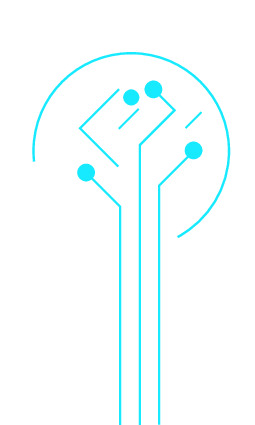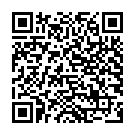|
|
|
| Module code: NE3301.THS |
|
- |
|
30 |
| Semester: 3 |
| Mandatory course: yes |
Language of instruction:
English |
Assessment:
Project work
[updated 12.03.2020]
|
NE2301.THS (T213-0139) Neural Engineering, Master, ASPO 01.04.2020
, semester 3, mandatory course
NE3301.THS Neural Engineering, Master, SO 01.10.2025
, semester 3, mandatory course
|
|
The total student study time for this course is 900 hours.
|
Recommended prerequisites (modules):
None.
|
Recommended as prerequisite for:
|
Module coordinator:
Studienleitung |
Lecturer: Studienleitung
[updated 29.11.2024]
|
Learning outcomes:
The students acquire in-depth theoretical and practical knowledge on a particular topic
related to actual projects in Neural Engineering. They apply theoretical knowledge imparted
in lectures related to their topic critically and in depth.
The students develop ideas and implement solutions for specific problems of their research
question. They review the related literature critically and summarize the most important findings
of other authors in a conclusive way.
The students can plan and implement work stages in order to solve a specific problem.
They collect, analyze and evaluate quantitative data related to their topic.
The students write complex, project specific content that holds up to scientific standards.
They plan the work stages of their thesis project independently and coordinate their tasks
with their academic advisors.
[updated 12.03.2020]
|
Module content:
The students will independently work on a research question of an explorative or ongoing project and
write an extended analysis of their topic in form of a master thesis.
[updated 12.03.2020]
|
Teaching methods/Media:
Depends on the project.
[updated 12.03.2020]
|
Recommended or required reading:
[still undocumented]
|


